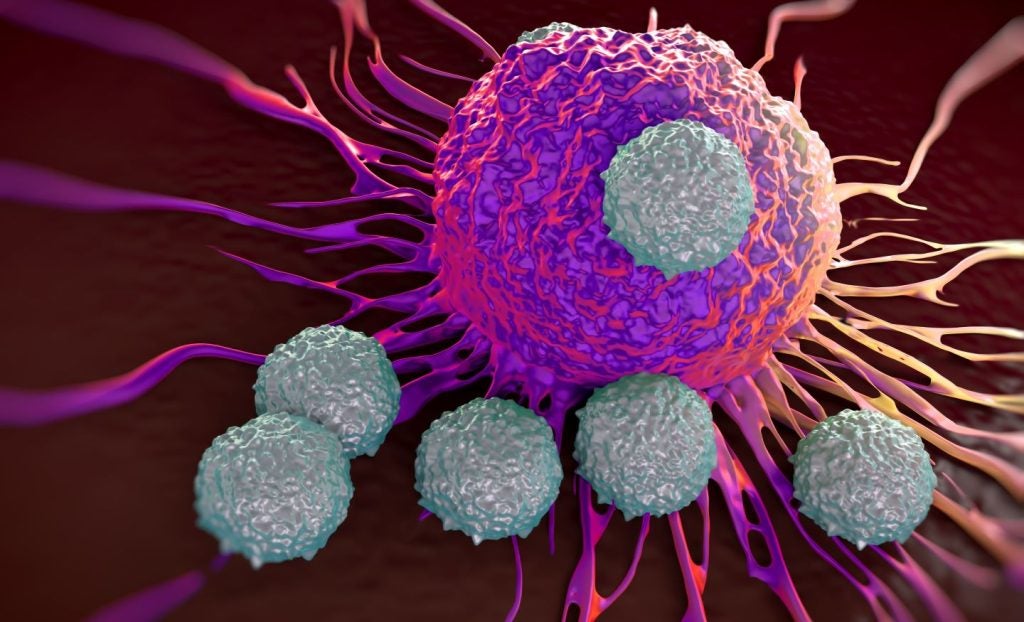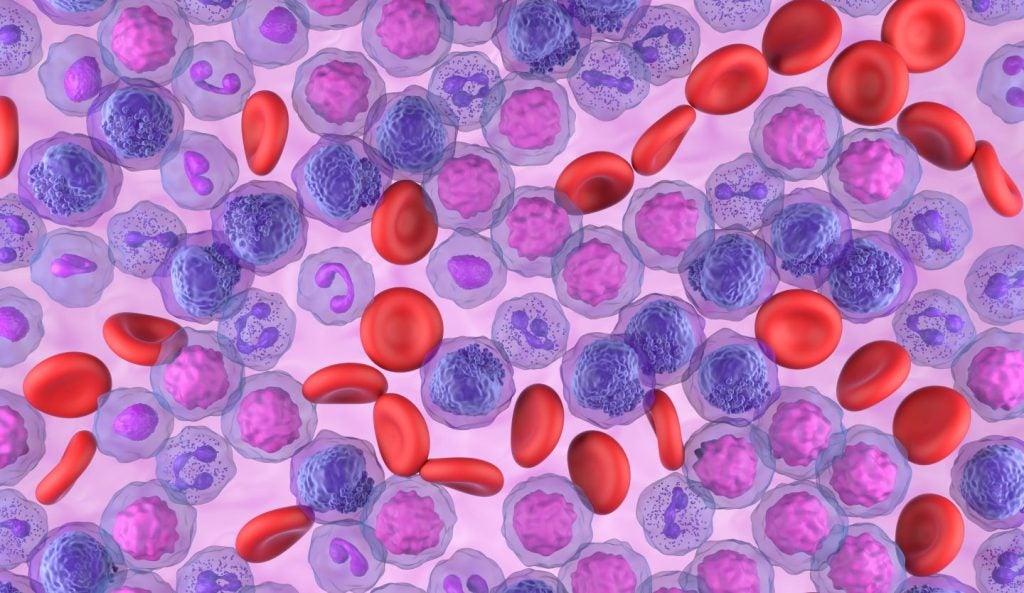
Sumitomo Pharma announced that two Phase III trials in schizophrenia failed to meet their primary endpoints.
The DIAMOND 1 and DIAMOND 2 trials investigated ulotaront in acutely psychotic adults living with schizophrenia.
Ulotaront is a trace amine-associated receptor 1 (TAAR1) agonist with 5-HT1A agonist activity. The drug candidate is co-developed with Otsuka Pharmaceutical.
Sumitomo claims that a large placebo effect was observed in both trials, which may have hindered the therapeutic effect of ulotaront.
CEO Hiroshi Nomura said that high placebo responses are well-documented in psychiatric clinical studies. He added that preliminary data analyses suggest that the impact of the Covid-19 pandemic might have affected the placebo responses.
Nomura noted: “We continue to work closely with Otsuka and analyse the data to determine our next steps and plan to discuss with the US Food and Drug Administration (FDA) how to proceed based on these results.”
How well do you really know your competitors?
Access the most comprehensive Company Profiles on the market, powered by GlobalData. Save hours of research. Gain competitive edge.

Thank you!
Your download email will arrive shortly
Not ready to buy yet? Download a free sample
We are confident about the unique quality of our Company Profiles. However, we want you to make the most beneficial decision for your business, so we offer a free sample that you can download by submitting the below form
By GlobalDataTrial results from DIAMOND 1 and 2
The DIAMOND 1 trial (NCT04072354), which enrolled 435 patients, compared 50mg and 75mg once-daily doses of ulotaront to placebo over six weeks. According to the company announcement, all three cohorts showed a reduction in the Positive and Negative Syndrome Scale (PANSS) total score.
However, neither of the treatment arms managed to be superior to the placebo on the change from baseline in PANSS total score at week 6, which was the primary endpoint. The 50mg and 75mg dose cohorts achieved a reduction of 16.9 and 19.6, respectively, compared to a reduction of 19.3 in the placebo arm.
The DIAMOND 2 trial (NCT04092686) compared 75mg and 100mg once-daily doses of ulotaront to placebo over six weeks. The study enrolled 464 patients.
Both treatment arms did not demonstrate statistically significant improvement when compared to placebo but showed numerically larger mean reductions in PANSS total score from baseline. The 75mg and 100mg dose cohorts achieved a reduction of 16.4 and 18.1, respectively, compared to a reduction of 14.3 in the placebo arm.
Further development of ulotaront
Ulotaront was granted breakthrough therapy designation in schizophrenia by the FDA in 2019. According to Sumitomo, ulotaront is the first and only TAAR1 agonist to reach Phase III clinical trials in this indication. Ulotaront is currently being tested in another schizophrenia trial (DIAMOND 5) in Japan and China.
The drug is also being investigated in a Phase II/III trial in generalised anxiety disorder (GAD). The trial is being conducted by Otsuka and Sunovion Pharmaceuticals, a key subsidiary of Sumitomo. The trial expects to enrol 434 patients and randomised its first patient in April 2023.
Schizophrenia affects approximately 24 million people globally and nearly a third of all cases go undiagnosed. Clinical Trials Arena has previously reported on schizophrenia’s stagnant pipeline and most anticipated data readouts in 2023.







